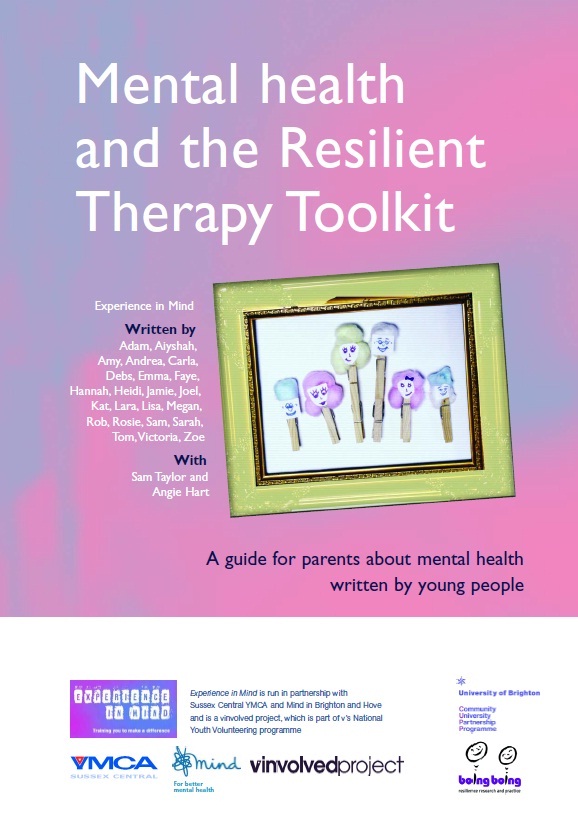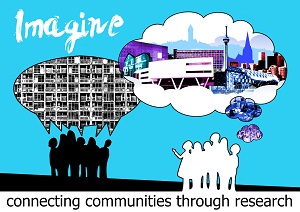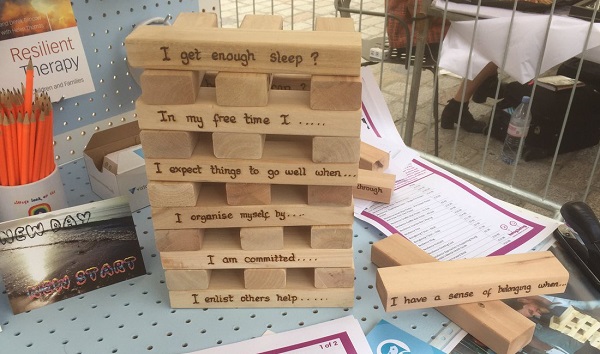The first resilience forum in Hastings providing an introduction to the concept of resilience and highlighting relevant theory within the field, and most importantly considering how you can apply resilience within everyday life.
 [email protected]
[email protected]
Ecotherapy can be located in a broad movement that has been growing over the past decades. This movement seeks to enlist the context and processes of the natural world in order to promote physical and psychological wellbeing, as well as recovery from physical and mental ill health.
Resilience is a highly valued in modern societies, but where does it come from? What role does policy play, and how do inequalities influence whether children grow up to be resilient? These questions will be explored and a set of online educational materials will be introduced.
The audience heard from inspiring children, young people and practitioners about how they apply resilience ideas to help with challenging situations, practical approaches to resilience building for children and families, and how community members and local organisations can join forces with university academics.
The Imagine Programme brings together different research projects working across universities and their local communities. Using the new knowledge we gather, we are imagining how communities might be different. We are researching, and experimenting with different forms of community-building that ignite imagination about the future and help to build resilience.
Moulsecoomb Primary School feel wellbeing and resilience are closely connected to that of the family as a whole. Our programme of support and engagement focuses on creating an environment of respect, care and opportunities for families to take an active role and feel their voices are important in the school.
This research related the academic concepts of resilience to practice experience, with the hope of strengthening student and practitioner alertness to the complex matrix of factors that can contribute to resilience, and to strengthen arguments for sites of resilience development, such as professional supervision.
Policies and programmes reflect competing social values rather than issues of risk and resilience per se, such that the outcomes used to assess risk and resilience in one context may represent only those characteristics that serve that context.
Our resilience Communities of Practice aim to generate new ways of thinking about and building resilience with children and young people having tough times, and to shape resilience practice for the better. They cut across traditional organisational barriers and hierarchies, to bring all perspectives to bear on a particular topic.


